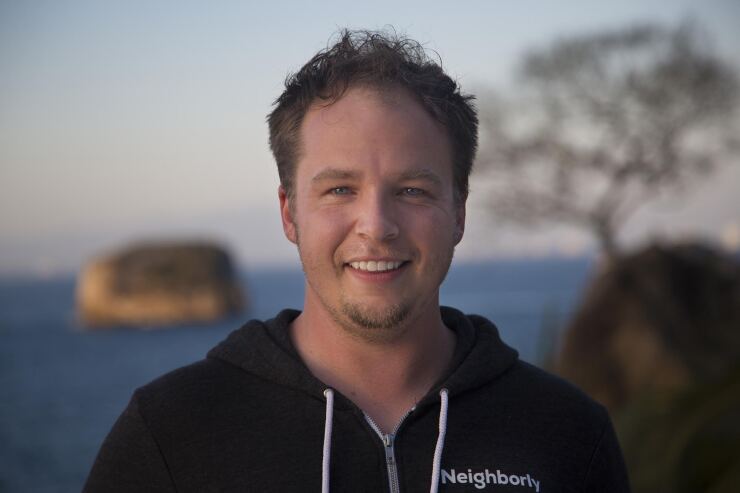Berkeley, Calif., and Neighborly Corp. plan to head to market in May with a public initial coin offering that would be backed by municipal bonds.
The city would be the first in the country to hold an ICO, the process through which cryptocurrency tokens are distributed in exchange for investments, which Neighborly chief executive officer Jase Wilson called an “initial community offering.”
“We are calling it an initial community offering, a play on the IPO,” said Neighborly's chief executive officer, Jase Wilson.

The shares are like regular municipal bond creation and distribution, but being done in systems that record to a blockchain, a public, encrypted ledger that keeps track of transactions, which will increase transparency, Wilson said. It will be done through systems that meet all the regulations that govern municipal bond issuance, he said.
When the city heads to market, investors will be able to purchase municipal bonds in a tokenized form denominated in U.S. dollars.
Investors could purchase the Berkeley bonds with dollars or crypto assets. If investors sell the bonds, they would be paid in dollars or crypto assets.
“The outcome is not technically a cryptocurrency, however, it’s a tokenized system for creating, distributing, storing, and relaying bonds denominated in USD,” Wilson said.
The system is crypto-native meaning the payments are stored digitally as crypto, pegged to dollars.
“Everything is denominated in USD,” Wilson said. “People could hold their bonds much as they would any brokerage account.”
The system would allow investors to buy bonds directly and with less risk of mark-ups from middlemen, Wilson said. The municipalities could save money, because documents would be standardized so they would require less work from lawyers and advisers.
The securities would be issued and paid out in U.S. dollars, so volatility in cryptocurrencies would have no impact on them, he said.
Neighborly, an online municipal bond broker-dealer,
Councilman Ben Bartlett and Mayor Jesse Arreguin are leading the city’s policy efforts while Neighborly handles infrastructure and underwriting. The UC Berkeley Blockchain Lab is helping to develop the code for the blockchain.
The initiative arose out of brainstorming sessions with the mayor, Bartlett and Neighborly over a seven-month period, Bartlett said.
“Berkeley has over 1,000 homeless people,” Bartlett said. “We are always looking for ways to make more out of less.”
The city wants to issue bonds to help combat homelessness and pay for affordable housing, Bartlett said.
A May launch is not unrealistic, because the system to create Neighborly tokens for municipal bond ownership, already exists, Wilson said.
In coming months, the city has to determine the size of the bond issuance likely issued as general obligation bonds and Neighborly is working to insure that the system complies with federal regulations, Wilson said.
California law requires a two-thirds supermajority vote in a referendum to authorize general obligation bonds for a city. No such measures are scheduled for a vote, and city voters have not previously approved GOs for affordable housing.
“There is a side of the council, who just wants to tip a toe in the water and see how it goes, and the other side that wants to go for a larger issuance,” he said.
One of Neighborly’s goals in creating a more efficient system of issuing bonds is to lower costs on smaller issues.
“The muni market has some of the biggest deals in the world – it routinely does $1 billion deals,” Wilson said. “It is very efficient at larger deals, but we are trying to make it so the smaller deals can make sense. So a city could issue a couple of million dollars and do fine.”
Issuance costs can be prohibitive on smaller deals, he said.
“This has the potential to be larger – it’s very scale-able, so the amount could be larger,” Wilson said.
In addition to using the process to issue bonds, Bartlett said he also envisions the city having a municipal currency to create a voucher system where homeless people could use tokens to buy goods and services from local businesses that accept the currency.
The value of the security is represented by a token that might someday have its own market, but that is not the design goal, it’s to make it more efficient, Wilson said.
Neighborly had been talking to several municipalities across the country about the concept, but ended up working on the first with Berkeley, because the mayor and councilman understand the concept and are proactively driving it, Wilson said.





